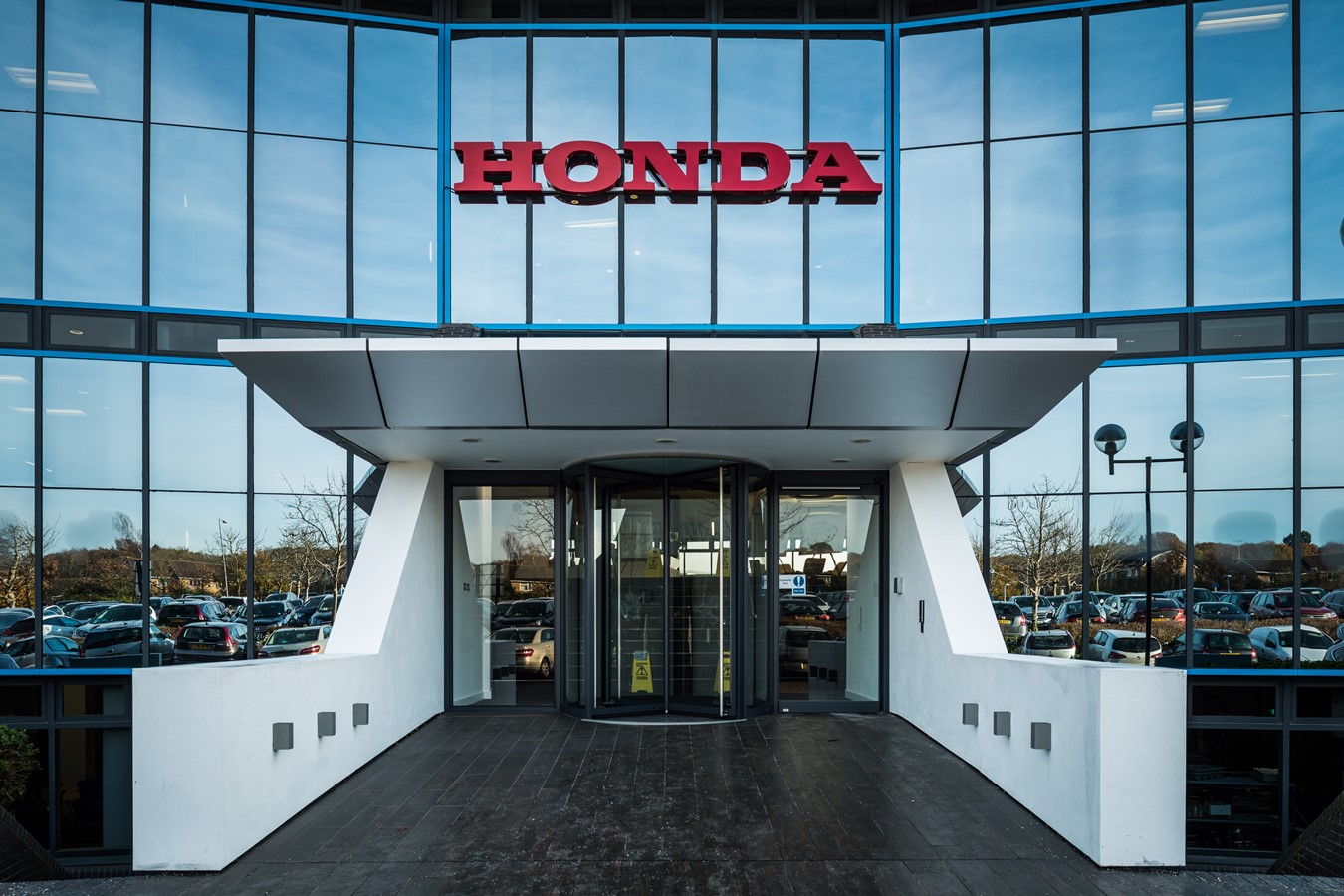Electric cars and motorcycles, what happens to Japanese manufacturers

Honda said it plans to introduce more than 10 new electric models by 2025, but didn't hide the difficulties associated with EV vehicles. This is why the Japanese manufacturer will not abandon internal combustion engines.
It is no mystery that the Japanese car and motorcycle manufacturers are not facing the sector's race towards the electric with conviction. In the Japanese archipelago, the gloomy words of Toyota CEO Akio Toyoda echo in his dual role as number 1 of one of the major Japanese manufacturers and president of the automobile association of car manufacturers of the nation of the Rising Sun: "The Japan is dependent on exports, therefore, carbon neutrality equates to problematic employment for the country. Some politicians say we need to turn all cars into electric vehicles or that the manufacturing industry is obsolete, but I don't think that's the case. To protect the jobs and consequently also the lives of the Japanese, I think it is necessary to look to our future by working in the right direction so far ”.
THE TOYOTA CEO'S WARNING
Exactly one year ago, the ceo Toyoda had brought in support of his thesis on the need to proceed with a more reasoned and less sudden ecological transition the fact that Japan produces about 10 million vehicles a year, of which about 50% are exported: well, forecasts assume that the Japanese industry can produce 8 million vehicles per year only with the contribution of combustion engines, including hybrids and Phevs, even in 2030, while their elimination by law will paralyze the labor market .
"This means that production of 8 million units would be lost and the industry could risk having to give up most of the 5.5 million jobs," Toyoda warned. "If internal combustion engines are the enemy, we will probably no longer be able to produce almost all the vehicles we assemble today with all the negative consequences that this situation would have for our economy."
HONDA'S PERPLESSITIES
There is another very important company that does not run enthusiastically towards the electric and has just declared that it will continue to develop internal combustion engines: it is Honda Motor Co. its green plan of launching more than 10 electric motorcycle models worldwide over the next three years, with the goal of achieving carbon neutrality for motorcycles by 2040.
However, Honda has admitted that the switch to electric is by no means painless, as the new technology could result in heavier vehicles and, more importantly, higher prices. The industrial plans of the Japanese manufacturer, however, take the markets of developing economies into maximum consideration given that, it is known, the populations of these countries, before switching from bicycles to cars, buy motorcycles (it has happened in China, it is happening in Idia) and therefore the switch to electric, Honda said, risks increasing the barriers to entry for consumers in the markets of emerging economies.
Probably also for this reason, the company has declared that it does not want to end the production of internal combustion engines for its motorcycles. On the contrary, he said he was investing in research and development to reduce engine emissions and introduce models compatible with zero-emission fuels, such as blends of gasoline and ethanol.
Perhaps also for this reason that the Japanese carmakers Toyota, Honda and Nissan are ranked at the bottom of the ranking of the latest Greenpeace study on efforts to decarbonise their businesses. Toyota in particular is at the bottom of the top 10 auto makers by sales volume – just like last year – as Greenpeace pointed out that less than 1% of the cars sold in total are zero emissions. The two compatriots keep her company: Honda occupies 9th place in the standings, immediately after, in eighth, comes Nissan, which had also led the way at the time of the Leaf.
THE ELECTRIC PLANS OF HONDA
Honda, however, will gradually present a wider and wider range of electric vehicles. The Japanese company said it intends to introduce more than 10 new electric models by 2025 and aims to sell 1 million electric motorcycles a year within the next five years. From 2027 onwards, Honda estimates it will sell 3.5 million electric motorcycles a year, or about 15% of total sales, by 2030. The company added that it will equip its electric motorcycles with solid-state batteries. , currently under development.
This is a machine translation from Italian language of a post published on Start Magazine at the URL https://www.startmag.it/smartcity/auto-e-moto-elettriche-cosa-succede-ai-costruttori-giapponesi/ on Tue, 13 Sep 2022 13:02:32 +0000.
